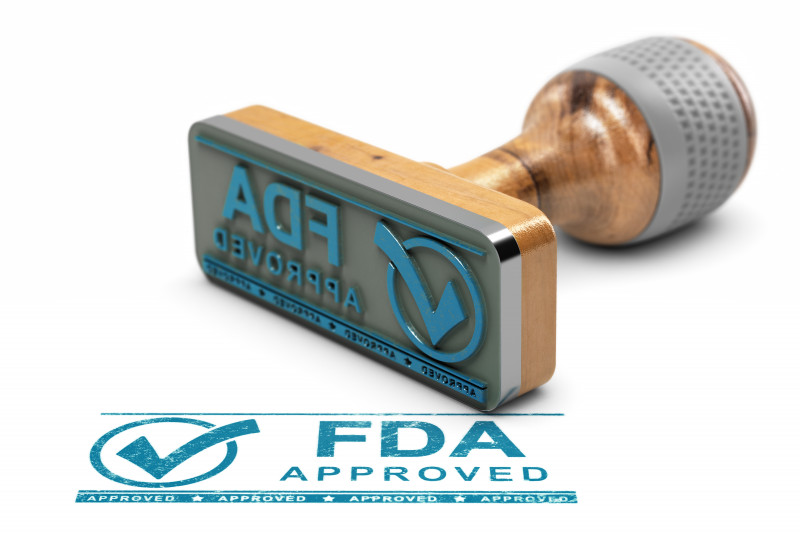FDA Approves IV Form of Uptravi as Short-term Option to Oral Therapy

Olivier Le Moal/Shutterstock
The U.S. Food and Drug Administration (FDA) has approved an intravenous form of Uptravi (selexipag) — one infused directly into the bloodstream — for people with pulmonary arterial hypertension (PAH) temporarily unable to take oral medicines.
The new intravenous, or IV, formulation is intended to prevent treatment interruptions in adults with World Health Organization functional class II or III PAH, meaning individuals with slight (class II) or marked (class III) limitations on physical activity.
“Given the progressive nature of this disease, maintaining treatment is important to help control PAH. However, there are times where patients may be unable to take oral medications,” Kelly Chin, MD, associate professor at The University of Texas Southwestern Medical Center and an investigator on the clinical trial that served as the basis for this approval, said in a press release.
“For patients on Uptravi, bridging short-term temporary interruptions of Uptravi tablets with Uptravi IV may maintain the treatment effect and avoid the need to change therapy or re-titrate Uptravi tablets after re-initiation,” Chin said.
The FDA approved Uptravi tablets to treat PAH in 2015, based on results from the Phase 3 GRIPHON clinical trial (NCT01106014), which demonstrated that the treatment reduced patients’ risk of death, hospitalization, or complications. GRIPHON was sponsored by Actelion, now owned by Janssen (part of Johnson & Johnson), which markets Uptravi.
Approval of the new IV formulation was based on data from another Phase 3 trial (NCT03187678), also sponsored by Actelion. The trial enrolled 20 people with PAH, ranging in age from 18 to 75.
This open-label trial was conducted in three consecutive phases: in the first and third phases, participants were given their stable oral dose of Uptravi. During the second phase — which lasted a day and a half — patients received Uptravi as an IV treatment, at a tailored dose based on their oral dose. They were followed for about a month after this switch to track safety outcomes.
Trial results, published earlier this year, showed that IV treatment was well tolerated, and not associated with any unexpected safety problems. No symptomatic changes in blood pressure were reported.
Side effects associated with the IV infusion — given twice daily for 87 minutes — generally were similar to those associated with the oral treatment. Two participants experienced mild-to-moderate injection site reactions, neither of which led to treatment discontinuation. Common medication side effects include headache, diarrhea, nausea, vomiting, flushing, and pain in the jaw, muscles, extremities, and/or joints.
“Today marks an important day for patients who rely on Uptravi, as this new intravenous formulation meets a current unmet need for these patients,” said Neil Davie, PhD, global therapeutic area head, pulmonary hypertension, at Janssen.
“As part of our commitment to investing in research and understanding the science around the potential of Uptravi, we’re inspired by this approval and are proud to be paving the way to advance treatment options and care for patients with PAH,” Davie added.








